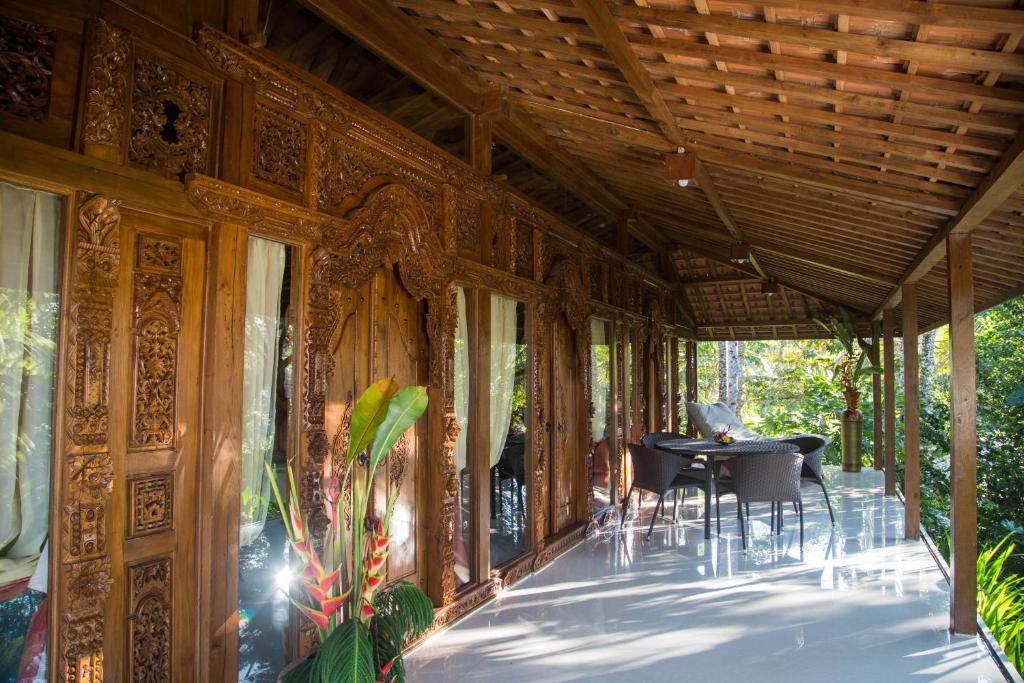
With Bali’s charm pulling in tourists from every corner of the globe, it’s no surprise that the island has become a hotspot for foreign real estate investors.
But even amidst the buzz of rapid development, the Bali Provincial Government’s Regional Regulation No. 5 of 2005 stands firm. This rule is not just another bureaucratic hoop; it’s a call to keep the island’s unique cultural vibe alive by mandating traditional Balinese architecture in all new constructions.
Lack of Monitoring
In theory, this regulation should safeguard Bali’s cultural heritage.Article 7, paragraph 2 of Bali Regional Regulation No. 5 of 2005 clearly states that “building structures in Bali must implement traditional Balinese construction norms and pay attention to the forms and characteristics of generally applicable Traditional Balinese Architecture or the local architecture and environment unique to each district/city.”
However, the reality on the ground tells a different story. The implementation of this regulation has faced significant challenges. Many houses, villas, and buildings today reflect modern architectural styles, deviating from the traditional Balinese design.
According to Bali architecture expert Kadek Pranajaya, traditional Balinese concepts are fading from buildings because of the increasing use of foreign architects who don’t follow local regulations. The lack of monitoring from the local government has also led to a rise in illegal and unauthorized constructions.
The Indonesian Architects Association has reportedly started scrutinizing the roles of foreign architects working in Bali to ensure they adhere to local norms and rules.
Building First, Permit Later?
Meanwhile, Gede Sedana, the rector of Dwijendra University in Denpasar, says that local government is key to enforcing the regulation. They are the ones who approve construction and building permits, so there should be strict penalties for buildings that don’t use Balinese architectural concepts.
“The culture of building first and getting permits later has to stop. It’s a step backward for Bali. This should be a priority for the Governor, Mayors, and Regents in Bali,” Sedana said at a dialogue forum in Denpasar on February 11, 2025, as reported by BaliPost.com.
What’s even more troubling is that the whole “build first, get permits later” mindset isn’t just about ignoring architectural concepts; it’s causing real harm to the environment too.
According to Pande Made Ari Ananta Paramarta, a professor from the Faculty of Agriculture & Business at Dwijendra University, many investors are deliberately blocking agricultural irrigation channels, leaving surrounding areas dry and parched.
“Some people think they can just build first and deal with the Certificate of Function Worthiness (Sertifikat Laik Fungsi/SLF) later. This kind of attitude will create problems, so the government must be strict. When buildings go up without following rules like building intensity, setbacks, floor area ratio, green space ratio, and height restrictions, it messes with the essence of Balinese architecture. If they don’t comply, action must be taken,” Paramarta emphasized.
Ensure Compliance with Local Regulations
To back up the central government’s regulations, the provincial rules are there to tighten things up even more. According to Building Law No. 28 of 2002, any building without proper permits can face administrative or even criminal penalties. It’s all about making sure that everyone plays by the rules and respects the island’s unique cultural and environmental heritage.
If navigating the complexities of building permits and regulations sounds daunting, Seven Stones Indonesia is here to help. Our team of seasoned professionals, with over 20 years of experience, stays fully updated on Indonesia’s ever-changing regulatory landscape. We can assist property businesses in securing the necessary building permits and ensuring compliance with local regulations.
Not sure if you have the proper permits or business licenses? No problem! Seven Stones Indonesia offers comprehensive compliance check services to review all your paperwork and ensure everything is in order.
Let Seven Stones Indonesia take the hassle out of property compliance, so you can relax and focus on growing your business with confidence.
